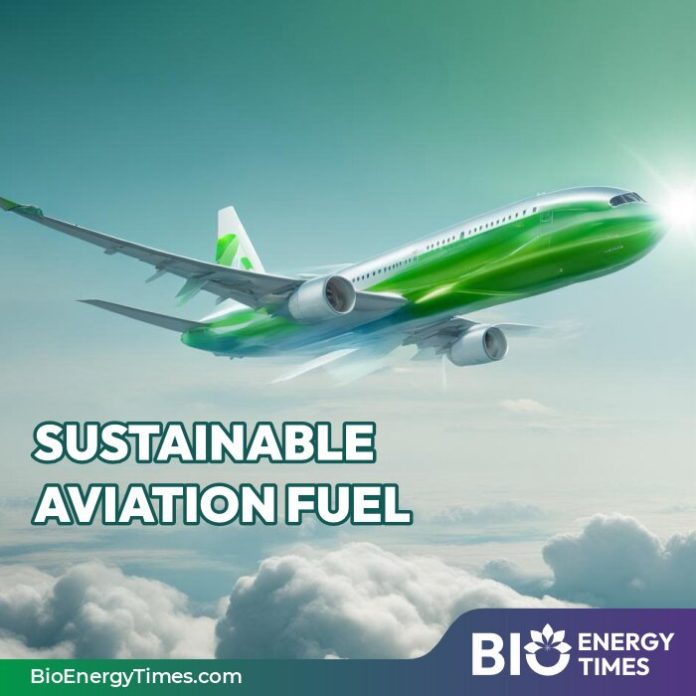“Volatile fatty acids derived from waste streams can enhance the cost-effectiveness and sustainability of biofuel production,” explained Haoran Wu, a postdoctoral researcher at Argonne. “Our innovative technology utilizes a membrane-assisted bioreactor to boost the production of these valuable acids.”
This technology has the potential to decrease greenhouse gas (GHG) emissions from aviation by up to 70% compared to traditional jet fuel. This reduction is particularly important, as aviation accounts for around 3% of global GHG emissions. The research team employed Argonne’s advanced simulation and modeling tools to assess the economic and environmental impacts of the process, confirming its feasibility.
“By implementing our technology, we not only treat waste streams but also produce low-carbon, sustainable fuel for the aviation sector,” noted Taemin Kim, an energy systems analyst at Argonne.
This research represents a significant advancement toward the U.S. Department of Energy’s Sustainable Aviation Fuel Grand Challenge, which aims to boost SAF production to three billion gallons by 2030 and fulfill 100% of commercial jet fuel demand by 2050.
“Developing a membrane-assisted technology that achieves a 70% reduction in greenhouse gases while maintaining costs comparable to conventional jet fuel is a remarkable milestone,” stated Wu. “We will continue to refine our sustainability efforts and explore other feedstock options compatible with our technology.”
The research was funded by the Department of Energy’s Office of Energy Efficiency and Renewable Energy’s Bioenergy Technologies Office.
Pahola Thathiana Benavides Gallego, a principal energy systems analyst at Argonne, served as a principal investigator for the project.
Other contributors to the study include Consultant Sultana Ferdous, Research Associate Thai Scheve, Environmental Engineer Lauren Valentino, Chemical/Electrochemical Engineer YuPo Lin, and Senior Scientist Troy R. Hawkins. The study was conducted in collaboration with Mark Holtzapple from Texas A&M University.















